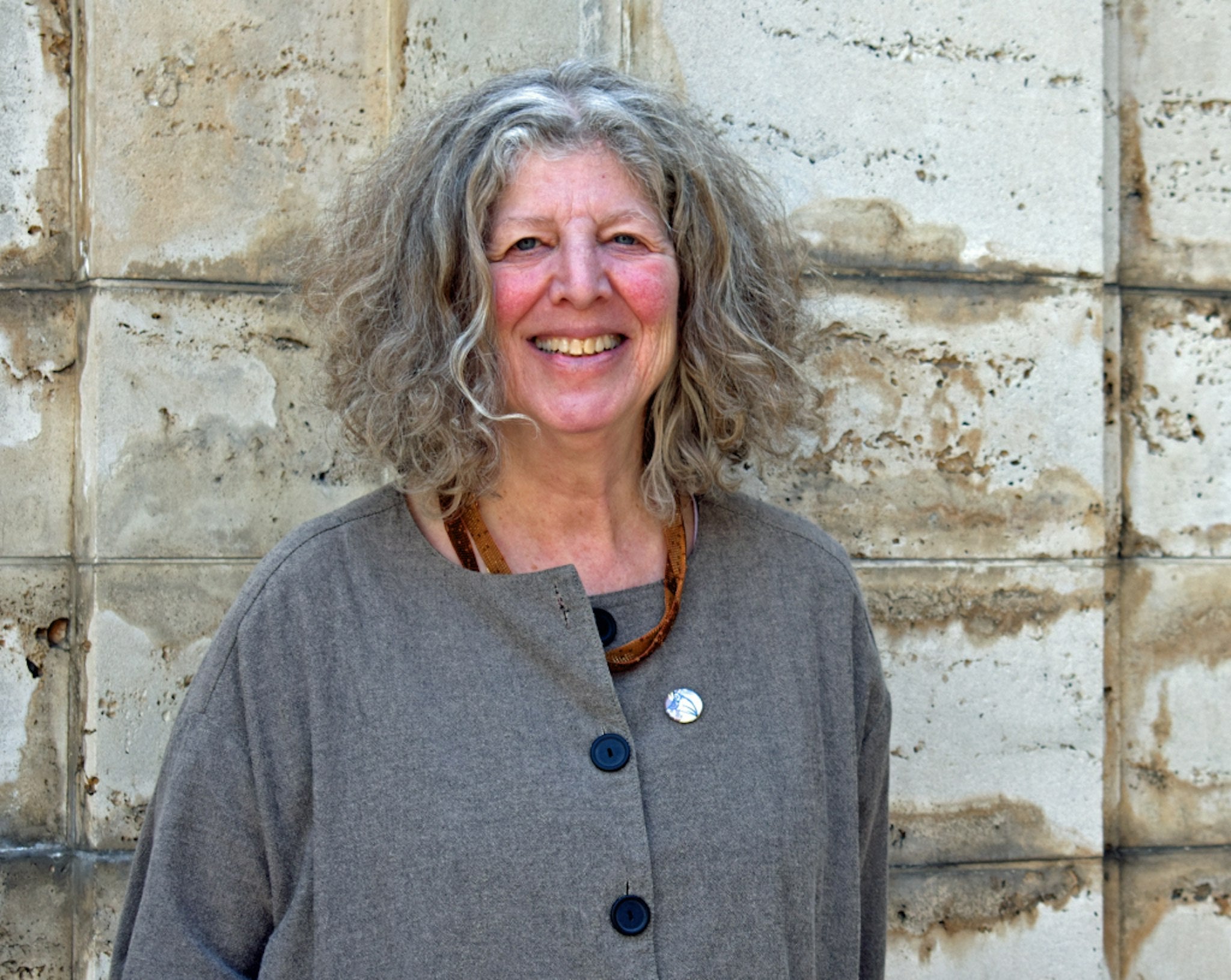Professor of information studies and the UCLA/Getty Program in the Conservation of Cultural Heritage is principal investigator for continuing education in preservation and conservation.
UCLA Professor of Information Studies Ellen Pearlstein has been awarded a three-year grant from the National Endowment for the Humanities of $310,362 for a project titled, “Preservation of Indigenous Collections: Training for Tribal Materials and Museums,” with the goal of continuing education for the nation’s growing number of Indigenous professionals working with tribal materials at museums and cultural centers across the country. Professor Pearlstein, who is the project director of the Mellon Opportunity for Diversity in Conservation program at UCLA, was assisted with her winning grant proposal by Bianca Garcia, the program’s manager, and Nicole Passerotti, program associate.

“This project is a culmination of working with the Mellon Opportunity for Diversity in Conservation, which is really designed to help people prepare for graduate school,” says Professor Pearlstein. “What we’ve realized is that we have applications and inquiries from individuals working in Native American museums and/or libraries or archives who are very interested in advancing their understanding of preservation principles and collections care. These are people who are not typically planning to leave their community or their employment, so we thought that it would be a really good idea to work out a plan of action that would address the needs of this community.”
The award will fund six online courses and two in-person regional workshops to be held at the Seneca Iroquois National Museum in Salamanca, New York, and the California Indian Museum and Cultural Center in Santa Rosa, California. In addition, the project will include follow-up mentoring of current museum professionals as well as their own mentees at Indigenous repositories, to support the sustained application of lessons learned. Planning of the program will begin this April, with the first course taking place during UCLA’s fall quarter in 2022.
Pearlstein notes the burgeoning growth of Indigenous museums, libraries, and other repositories of tribal materials. She says that while professionals at these institutions are engaged in a lot of on-the-job learning, they are always seeking opportunities to build on those skills, and that she and her colleagues worked to build their proposal based on those needs.
“We interviewed a lot of individuals on the conservation or cultural heritage side to make sure that we weren’t creating offerings that are duplicated by other organizations like the National Museum of the American Indian or the Association of Tribal Archives, Libraries and Museums,” notes Pearlstein. “We also engaged with a lot of members of indigenous communities and people who are tribal historic preservation officers, somebody who works in a research library affiliated with their own cultural group, somebody who’s working on language revitalization, somebody who is the registrar, somebody who’s a tribal archaeologist or cultural center manager. They’re already working, but they would really like to augment their own knowledge base. Through all of these conversations, that’s really what helped us to develop the program.”
Pearlstein gives a projection of 96 students to be impacted by the NEH project. The three courses – which will be offered through UCLA Extension for credit or no credit – will focus on the preservation of tribal cultural materials in tribal collections; developing a collections management plan for tribal collections, and on exhibition planning for tribal repositories with a focus on collections care.
Professor Pearlstein says that while the teaching faculty for the program are of the highest quality, the experience will provide two-way learning through the wealth of knowledge and cultural capital that participants from the profession will provide.
“They are the ones who are bringing some really important knowledge about traditional care,” says Pearlstein. “The concept behind this program is that each of us in our own cultural and disciplinary backgrounds bring a different set of skills and knowledge to this conversation. But, they are the ones who know what is considered culturally appropriate within their own way of working.
“We know that there are collections that have gendered handling, where it’s a male only handling or female only handling. We know that some people have to be born into a certain clan in order to be able to handle or access or even view certain materials. So, there’s a rich cultural context that will be introduced within these classes and workshops by the participants, so the instructors will be learning as well.”
Professor Pearlstein holds an appointment in the UCLA/Getty Program in the Conservation of Cultural Heritage, and is an affiliate of the Cotsen Institute of Archaeology at UCLA and UCLA Native American Studies.
